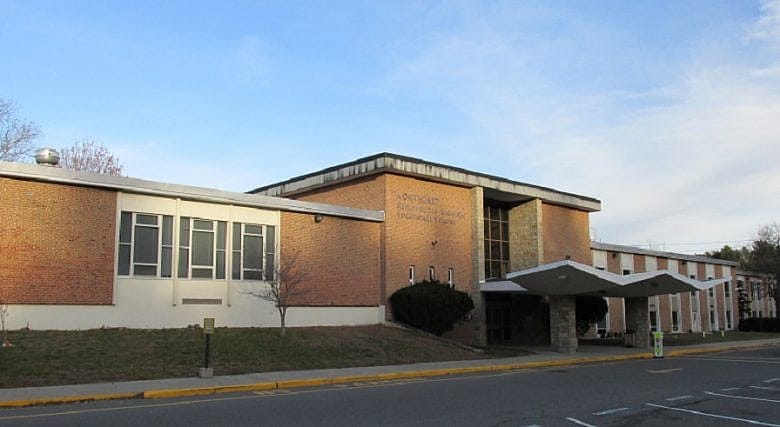Baker gains allies in push for voc-tech school aid

BOSTON – Advocates pushing for more resources to help move vocational students into careers are aligned with Gov. Charlie Baker as they seek budgetary increases this year and $75 million in bond authorization to buy school equipment and pay for expansions.
Rep. Alice Peisch, a Wellesley Democrat who is co-chairwoman of the Education Committee, said "there is an appreciation for the value" of vocational education and business and education can team up for a "win win." There is also a need for vigilance as public institutions partner with business so that schools don't become "a state-funded satellite of the business," she said.

